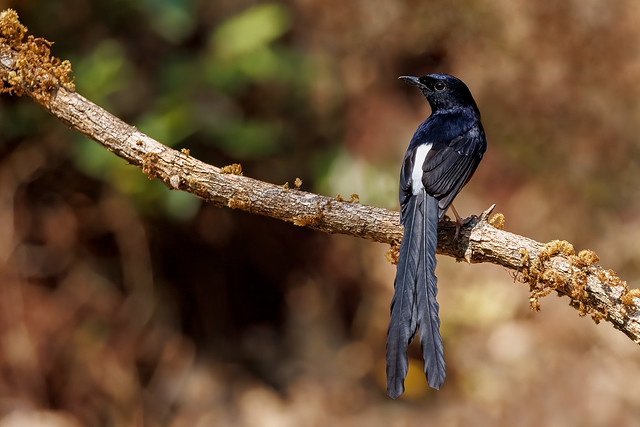Words for furze, gorse, whin and related things in Celtic languages.
Gorse is an evergreen shrub, of the genus Ulex, having thorns, spiny leaves, and yellow flowers, also known as furze or whin [source].
Words marked with a * are reconstructions.
| Proto-Celtic | *axtīnos = furze, gorse |
|---|---|
| Old Irish (Goídelc) | aittenn = furze, gorse |
| Middle Irish (Gaoidhealg) | aittenn, aiten, aittiun, aitend = furze, gorse aittnech = furze-like |
| Irish (Gaeilge) | aiteann [ˈætʲən̪ˠ] = furze, gorse, whin aiteannach = furze, gorse, whins |
| Scottish Gaelic (Gàidhlig) | aiteann [ahdʲən̪ˠ] = (common) gorse, whin, furze, juniper aiteannach [ahdʲən̪ˠəx] = place where junipers grow, clump of junipers, pertaining to junipers |
| Manx (Gaelg) | aadjin = gorse aittin = furse, gorse, whin |
| Middle Welsh (Kymraec) | eithin = gorse, furze, whin eithinauc, eithinoc, eithinog = full of gorse, furzy, prickly, gorse land |
| Welsh (Cymraeg) | eithin = gorse, furze, whin eithino = to place furze on top of walls to prevent sheep, etc, from breaking through eithinog = full of gorse, furzy, prickly, gorse land llwyn eithin = gorse bush tân eithin = gorse firse, flash in the pan aith = furze, gorse |
| Old Cornish | eythinen = furze, gorse |
| Middle Cornish (Cernewec) | eithin, eythinen = furze, gorse |
| Cornish (Kernewek) | eythinen = furze, gorse |
| Old Breton (Brethonoc) | ethin = furze, gorse |
| Middle Breton (Brezonec) | ethin = furze, gorse |
Etymology: from Proto-Indo-European *h₂eḱstis, from *h₂eḱ- (sharp) [source]. Words from the same roots include acid, acute, astute, cute, eager, edge, ear and hear in English, egge (skewed, sharp side, edge, corner) in Dutch, Ecke (corner, edge, region, area, neighbourhood) in German, and aaja (large, wide, board) in Finnish [source].
In Welsh, a dob is an implement for cutting or chopping gorse.
| Irish (Gaeilge) | conasg = furze, gorse, whin (?) |
|---|---|
| Scottish Gaelic (Gàidhlig) | conas(g), coineas [kɔnəs(g)/kɔ̪nʲəs] = (common) gorse, whin, furze conasgach [kɔnəsgəx] = pertaining to or abounding in gorse/whin/furze |
| Manx (Gaelg) | conney = gorse, firewood, combustible, fuel, money conney frangagh = furze, gorse, whin conney freoaie = heather |
Etymology: uncertain [source].
A word for gorse, furze or whin in Breton is lann, which comes from Middle Breton lann, from Old Breton lann, possibly from Proto-Brythonic *llann (land, area, sacred place), from Proto-Celtic *landā (land), from Proto-Indo-European *lendʰ- (land, heath). It appears in place names such as Landaol, Landagroez, Landnarvili and Landudeg, and may be related to the Welsh word llan (church, parish). See the Celtiadur post about Land, Parishes & Enclosures for more details.
Here’s a Welsh folk song, Gwcw Fach (Little Cuckoo), which mentions eithin. It’s played by some my friends of mine – Irfan Rais on bouzouki, Meinir Olwen on cello and Joshua Smith on mandolin.
Sources: Wiktionary, Etymological Dictionary Of Proto Celtic, In Dúil Bélrai English – Old Irish glossary, eDIL – Electronic Dictionary of the Irish Language, Teanglann.ie, Am Faclair Beag, An etymological dictionary of the Gaelic language, Fockleyreen: Manx – English Dictionary, Online Manx Dictionary, Gaelg Corpus, Geiriadur Prifysgol Cymru, Lexicon cornu-britannicum : a dictionary of the ancient Celtic language of Cornwall, Gerlyver Kernewek, Devri : Le dictionaire diachronique du breton, Dictionnaires bilingues de Francis Favereau / Edition Skol Vreizh, TermOfis













